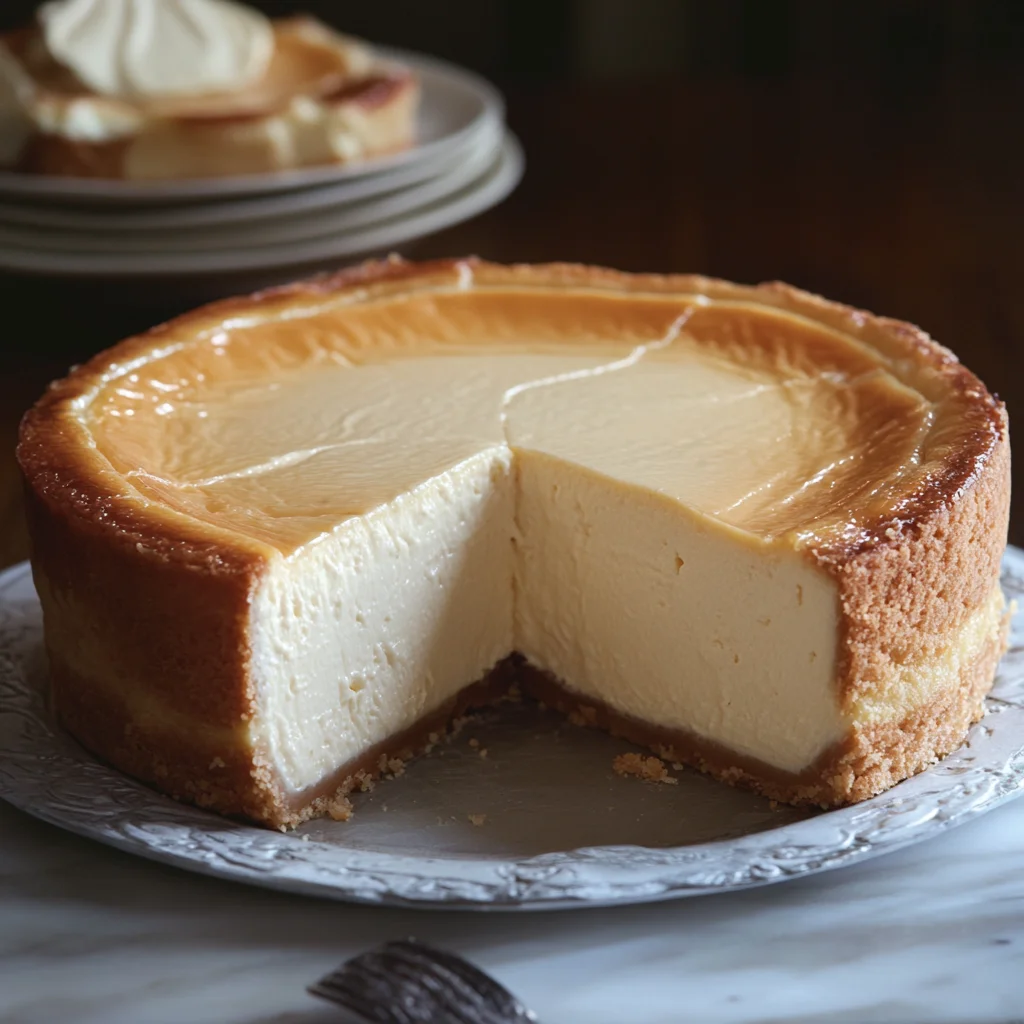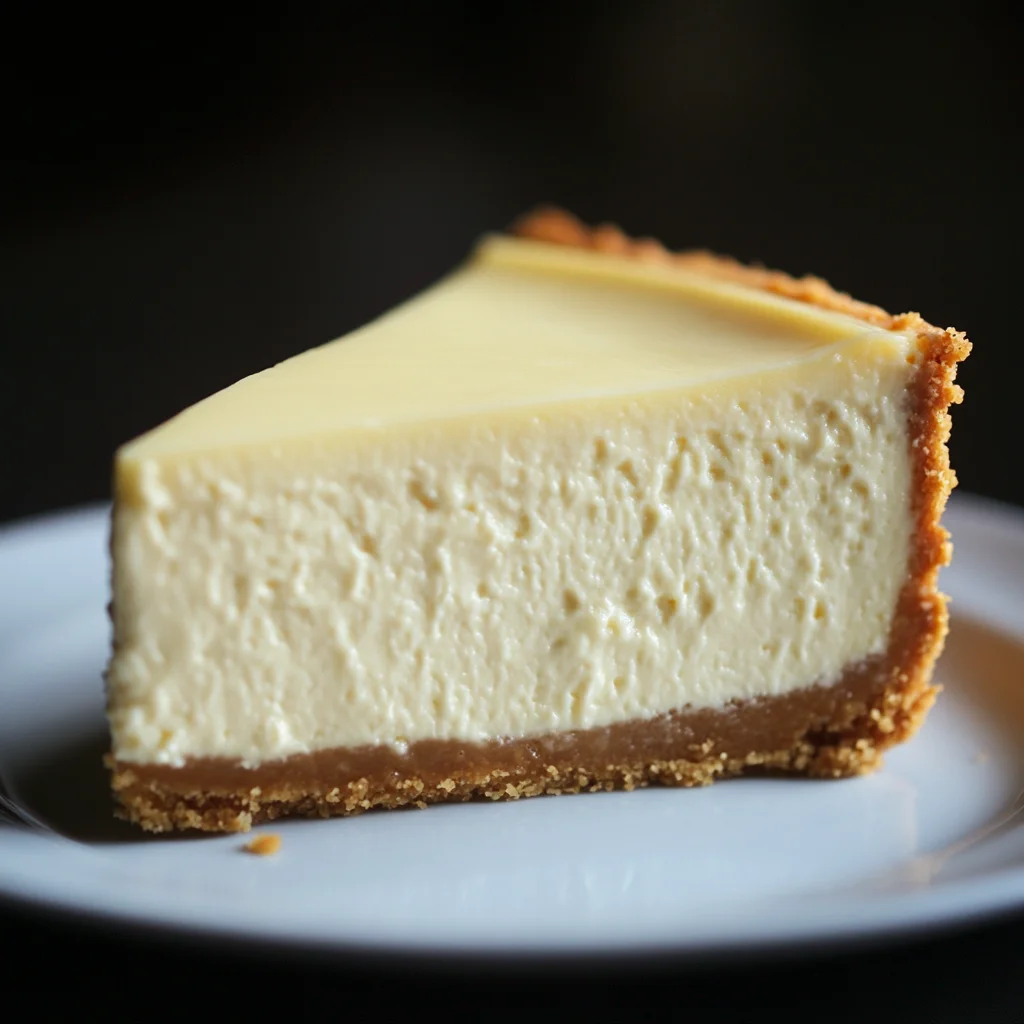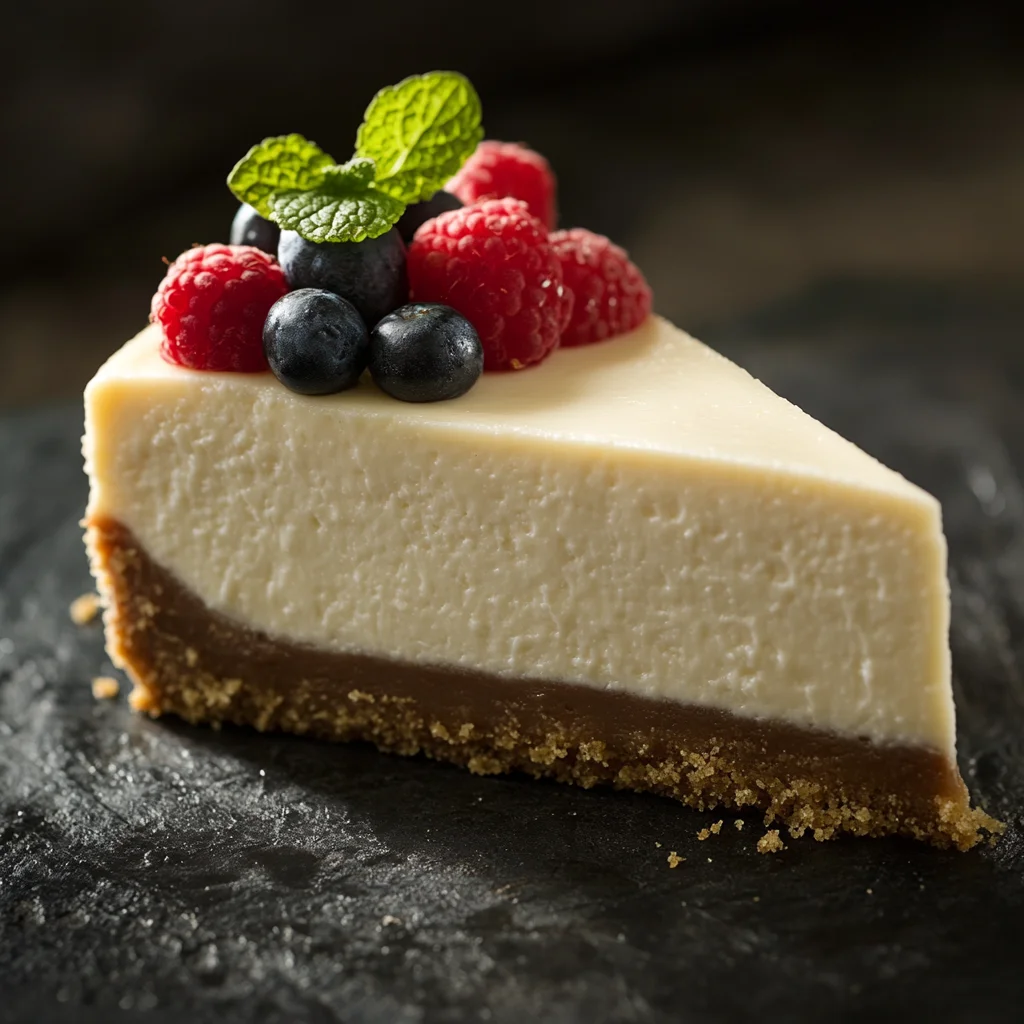One of the most common questions asked by those looking to cut calories or fat from their diet is, Can I use light Philadelphia for cheesecake? Cream cheese is a critical ingredient in traditional cheesecake, so understanding how substituting the full-fat version with a lighter alternative affects your final result is essential. In this article, we will thoroughly explore whether using light Philadelphia cream cheese for cheesecake is a good option. We will analyze its impact on texture, taste, and overall health benefits. Additionally, we’ll provide some helpful tips on how to adjust your recipe to achieve the best results.
What Is Light Philadelphia Cream Cheese?
Light Philadelphia cream cheese is a reduced-fat version of the original Philadelphia cream cheese. It is marketed to those who want to reduce their fat and calorie intake without sacrificing the creamy, tangy flavor of cream cheese. For bakers, the question often arises: Will using light Philadelphia negatively impact the quality of their cheesecake?
Nutritional Differences:
- Regular Philadelphia Cream Cheese:
- Calories: Approximately 90 per serving (28g)
- Fat: 9 grams per serving
- Protein: 2 grams per serving
- Light Philadelphia Cream Cheese:
- Calories: Approximately 70 per serving (28g)
- Fat: 5 grams per serving
- Protein: 2 grams per serving
The reduction in fat is the primary difference between the two, making light Philadelphia attractive for those looking to cut down on dietary fat. However, fat plays a key role in creating the rich texture and creamy mouthfeel that cheesecakes are known for. Does using light Philadelphia impact the final product? Let’s find out.
Cheesecake and Cream Cheese: Why It Matters
When making cheesecake, cream cheese is the star ingredient. It gives the dessert its signature richness, creaminess, and slight tang. Here’s why cream cheese is essential:
- Texture: Full-fat cream cheese helps provide the dense and velvety texture of a traditional cheesecake.
- Flavor: Cream cheese delivers that subtle tangy flavor that balances out the sweetness of the dessert.
Cheesecakes traditionally use full-fat cream cheese because its higher fat content plays a significant role in ensuring the structure and taste of the cake.

The Role of Fat in Cheesecakes:
Fat in cream cheese is not only important for the texture but also for the flavor. Fat carries flavor and helps create the smooth, luxurious consistency that people associate with cheesecakes. By using light Philadelphia, which has less fat, the texture may change, and the flavor could be less intense. But does that mean light Philadelphia is a poor choice? Not necessarily.
Can You Substitute Light Philadelphia in Cheesecake Recipes?
Yes, you can use light Philadelphia for cheesecake, but there are a few important things to keep in mind.
Impact on Texture:
Using light Philadelphia will result in a cheesecake that is less dense and slightly firmer. The reduced fat content means the cheesecake might not be as creamy or rich. Some bakers report a slight “rubbery” texture when using light cream cheese in place of regular.
Impact on Taste:
The taste may also be affected when using light Philadelphia for cheesecake. The tangy, rich flavor of full-fat cream cheese is slightly muted in the light version. While the difference in taste is subtle, you may notice that the cheesecake doesn’t have the same depth of flavor. However, it is still a delicious alternative for those prioritizing a lower-fat option.
Is It Worth the Calorie Savings?
Whether or not it’s worth using light Philadelphia depends on your goals. If you’re trying to reduce calorie and fat intake, light Philadelphia can be a good choice. But for a special occasion where indulgence is key, regular cream cheese might be the better option.
Baked Cheesecakes vs. No-Bake Cheesecakes Using Light Philadelphia
The type of cheesecake you’re making also affects whether light Philadelphia is a good substitute. Here’s how it performs in different types:
Baked Cheesecake:
- Baked cheesecakes rely heavily on the fat content in cream cheese to maintain their structure and texture.
- Using light cream cheese can result in a cheesecake that is firmer and less smooth.
- It may also have a slightly more rubbery texture, particularly if overbaked. The reduced fat means that the cheesecake may not hold together as well.
No-Bake Cheesecake:
- No-bake cheesecakes are lighter and airier, making them more forgiving when it comes to substitutions like light Philadelphia.
- The lack of baking means you don’t need as much fat to create structure, so the light cream cheese blends better with other ingredients like whipped cream or yogurt.
- Many people find that using light Philadelphia in no-bake recipes works well and delivers a tasty dessert without the textural issues that can arise in baked versions.
How Does Light Philadelphia Affect Cheesecake’s Taste and Texture?
Let’s look at the key ways light Philadelphia influences the final cheesecake.
Flavor:
- Light cream cheese has a milder taste than the full-fat version. It still offers that signature cream cheese tang, but the intensity is reduced.
- If your cheesecake recipe relies on the rich flavor of regular cream cheese, you might notice that it doesn’t pack quite the same punch when using light Philadelphia.
Texture:
- The lower fat content results in a less creamy texture. Your cheesecake might not have the same smooth, luxurious mouthfeel.
- Baked cheesecakes with light Philadelphia tend to be slightly firmer, while no-bake versions maintain a creamier consistency but still feel lighter.
If you’re willing to sacrifice a little bit of richness for a lighter dessert, using light Philadelphia can be a viable option. However, some bakers may find the changes in texture and flavor to be significant enough to stick with regular cream cheese.
Tips for Making Cheesecake with Light Philadelphia
If you’ve decided to go ahead and use light Philadelphia in your cheesecake, here are some tips to ensure success:

1. Use a Thickener:
- Because light cream cheese is less dense, you might want to add a little cornstarch or gelatin to your recipe to help the cheesecake set properly. This is especially important for baked cheesecakes, which rely on fat for structure.
2. Balance the Texture:
- Consider using full-fat sour cream or heavy cream elsewhere in the recipe to make up for the loss of fat in the cream cheese. This can help create a creamier final product without sacrificing too much on the calorie or fat count.
3. Adjust the Sweetness:
- Light Philadelphia can sometimes have a slightly tangier flavor than the regular version, so you might want to increase the amount of sugar slightly to balance it out. But don’t overdo it—cheesecake should still be tangy, not overly sweet.
4. Don’t Overmix:
- When using light Philadelphia, it’s important not to overbeat the batter. Overmixing can lead to a cheesecake that is too light and airy, lacking the creaminess you expect. Beat the cream cheese just until smooth, and then gently fold in the other ingredients.
5. Watch the Baking Time:
- If you’re baking your cheesecake, keep an eye on it to avoid overbaking. Light cream cheese can firm up more quickly, so it’s important to monitor the baking time closely.
Should You Use Light Philadelphia for Health Reasons?
Health-conscious bakers often wonder if using light Philadelphia in cheesecake recipes is worth it from a nutritional standpoint. Let’s break it down:
1. Calorie and Fat Reduction:
- Light Philadelphia offers about 25% fewer calories and half the fat of regular cream cheese. This makes it a great option for those on a reduced-fat or low-calorie diet.
- If you’re trying to make a lighter cheesecake that you can enjoy more often, light cream cheese can help cut down on the richness without compromising too much on flavor.
2. Protein Content:
- Both regular and light Philadelphia offer similar amounts of protein (around 2 grams per serving), so you won’t lose out on this important nutrient by switching to the lighter version.
3. Is the Difference Worth It?
- For some, the difference in calories and fat is enough to justify the switch to light cream cheese. However, others might find that the trade-off in flavor and texture isn’t worth the small reduction in fat.
- If you’re making cheesecake for a special occasion and flavor is your top priority, sticking with regular Philadelphia is probably the best choice. But for a lighter, everyday cheesecake, light Philadelphia is a perfectly acceptable substitute.
Conclusion
So, can you use light Philadelphia for cheesecake? The answer is yes, but it comes with some caveats. While light Philadelphia can result in a delicious and healthier cheesecake, it may not have the same rich texture or deep flavor as one made with regular cream cheese. For those looking to reduce fat and calories, light Philadelphia is a great option, especially in no-bake cheesecakes. However, if you’re making cheesecake for a special event or celebration, you may prefer to stick with the full-fat version for the best taste and texture.
Frequently Asked Questions (FAQs)
1. Can I use light Philadelphia for a baked cheesecake?
Yes, but it may result in a firmer and less creamy texture compared to using regular cream cheese.
2. Does light Philadelphia alter the flavor of cheesecake?
Light Philadelphia has a milder flavor, so your cheesecake may not be as rich or tangy as when using full-fat cream cheese.
3. Is light Philadelphia better for no-bake cheesecake?
Yes, light Philadelphia often works better in no-bake cheesecakes, as the lighter texture is less noticeable without the baking process.
4. Can I mix regular and light Philadelphia in a cheesecake recipe?
Absolutely! Mixing the two can give you a balance between flavor, texture, and calorie reduction.
5. What are healthier alternatives to light Philadelphia for cheesecake?
You can use Greek yogurt, low-fat ricotta, or cottage cheese as healthier alternatives to light Philadelphia for a lower-calorie cheesecake.

